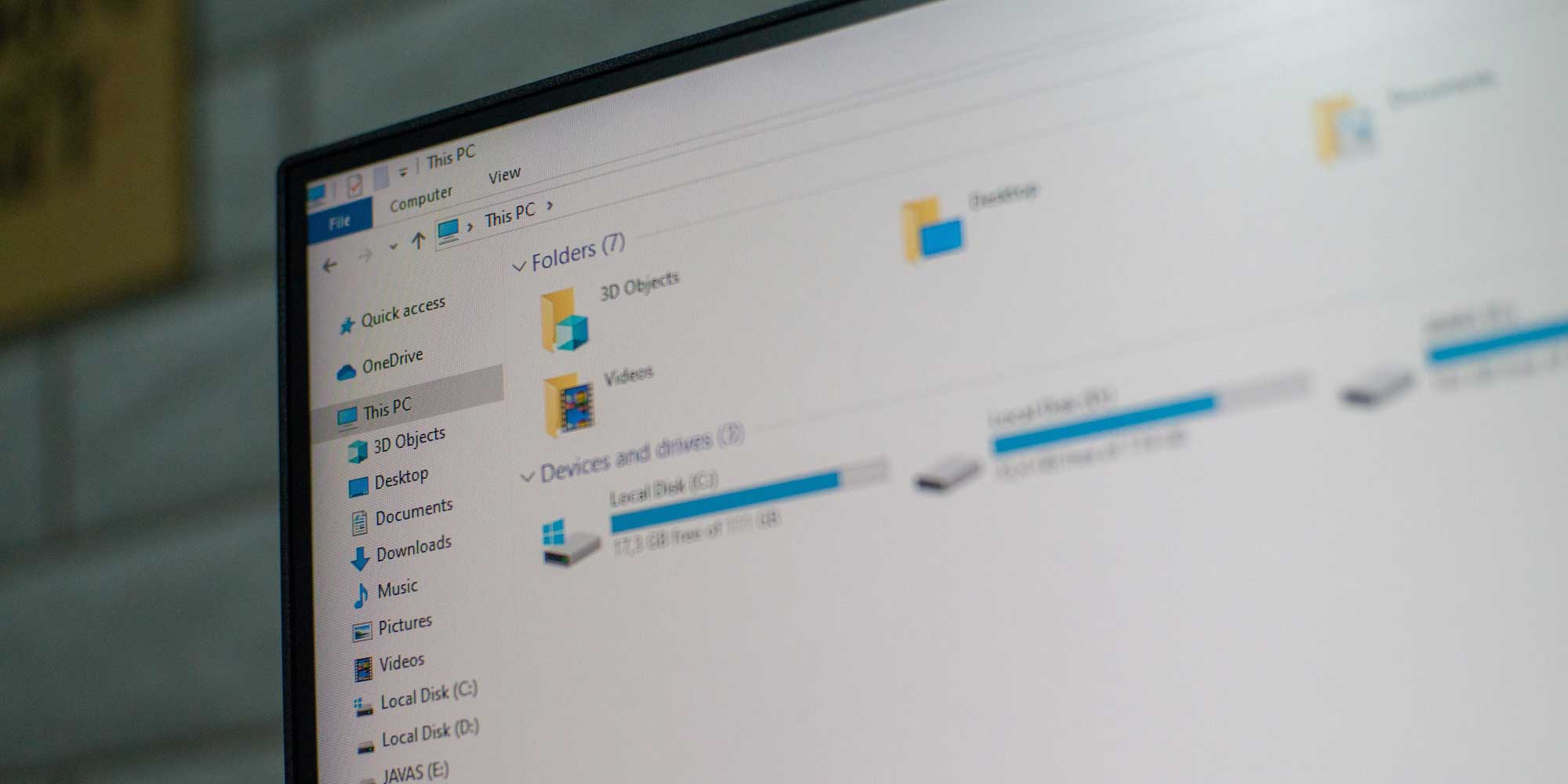
"Microsoft is tackling File Explorer's sluggish launch times - not by stripping out the bloat or optimizing code, but by preloading the application in the background. The update to File Explorer arrived in a Windows Insider build for the Dev and Beta Channels, alongside the Xbox full-screen experience for PC and a point-in-time restore feature for recovering from failed updates."
"File Explorer has ballooned over the years. In 2018, Microsoft open-sourced the original Windows File Manager, a lean, mean file-wrangling machine. Clocking in at just over 700 kB, the venerable application allowed users to perform file system activities, both on and off the network. It shipped with Windows 3.0 and was eventually put out to pasture with Windows NT 4.0 (although Windows Explorer had arguably superseded it in Windows 95 and beyond)."
Microsoft is preloading File Explorer in the background to reduce sluggish launch times rather than removing bloat or optimizing code. The preload feature arrived in a Windows Insider build for the Dev and Beta Channels alongside an Xbox full-screen PC experience and a point-in-time restore for recovering from failed updates. File Explorer has grown heavier over time compared with the original 700 kB Windows File Manager. The change is experimental and rolling out gradually. Users can disable preloading via the "Enable window preloading for faster launch times" option in Folder Options under View. Preloading requires spare CPU cycles and memory and addresses symptoms rather than underlying performance causes.
Read at Theregister
Unable to calculate read time
Collection
[
|
...
]